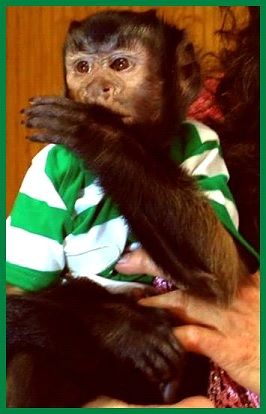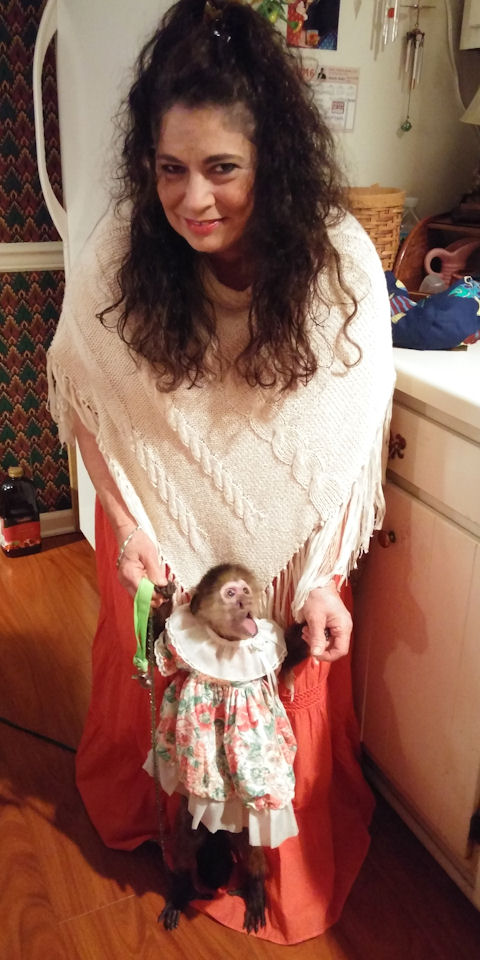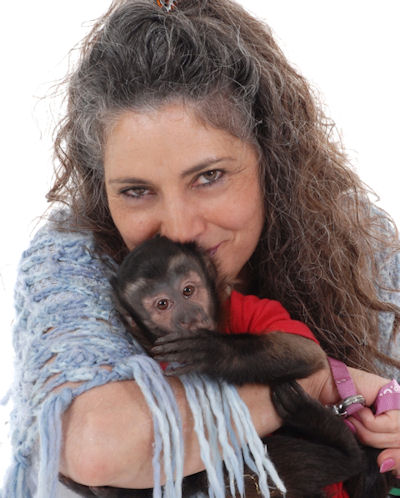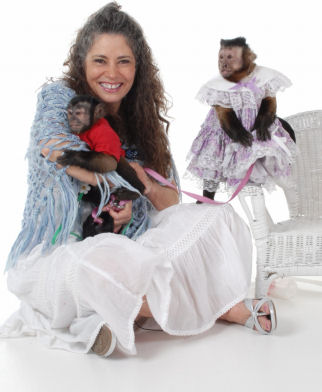By Mary Lynn Campbell

Silly Willy (age 3)
Welcome once again to the primate care site. The creator of this site and I are both very passionate about helping other monkey enthusiasts to gain good information on becoming great monkey caregivers.
Although we’re one of the oldest sites out there regarding primate care, we’re just one of the many available resources regarding the care for primates. About thirty years ago, when I first became a monkey caregiver, there were no search engines or Facebook groups to gather intel, and most of the information was passed along by other monkey owners. In today’s world, information is much more readily available.
Social media has literally changed my life. I realized from the very beginning of adding it into my busy life that there was a big world out there full of other monkey owners. After just a few months of being involved in reading and posting on Facebook, I began enjoying adding other monkey owners to my friends list. Some of them were new to owning a monkey, and then others were like myself trying to make connections with other monkey owners. Before I knew it, I had several hundred friends and I was added to many of the groups that offer help with diet, monkey enrichment ideas, and of course, information about the day to day living with monkeys.





